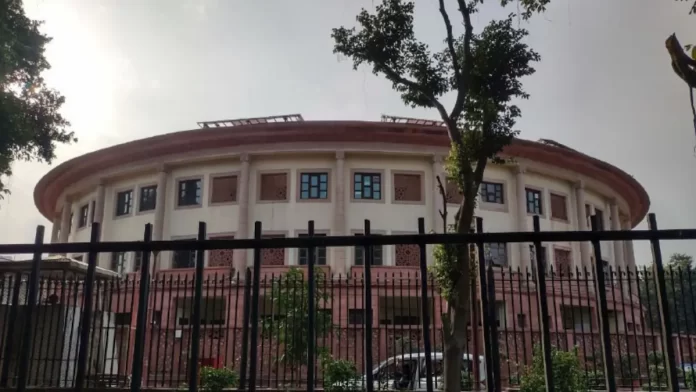The Indian Supreme Court in its judgment dated 16th November 1992 in the Indra Sawhney case W.P. (C) No.930 of 1990, had decided that reservation under Articles 15(4) and 16(4) of the constitution should not exceed 50%.
The total reservation provided to these communities as of now totals around 49%. However, in 2019, the Union government provided 10% additional reservation to Economically Weaker Sections (EWS).
The criteria of inclusion under the EWS category was to be based on economic factors and income threshold, unlike the SC, ST, and OBC categories where it is based on social backwardness.
Nonetheless, with the addition of 10% additional reservation for the EWS category, the total amount of reservations offered in India came around 60% and thus exceeded the 50% threshold as laid down by the apex court in the Indra Sawhney case.
So what is the justification offered by the government for breaching the 50% limit for reservations?
Minister of State for Social Justice and Empowerment, Sushri Pratima Bhoumik addressed this issue while speaking in the lower house of the parliament earlier today.
The minister said that the 50% limit laid down by the Supreme court in the Indra Sawhney case was regarding the reservation given to backward classes (inclusive of SCs and STs) under Articles 15(4) and 16(4) of the constitution.
She said that the total reservation given to SC, ST, and OBC communities under these Articles still do not exceed the 50% limit.
She said further that the 10% additional reservation for the EWS category is not provided under Articles 15(4) and 16(4) but under Articles 15(6) and 16(6) of the constitution which were inserted vide the 103rd constitutional amendment.
Thus, she said that the 10% reservation given to the EWS category, does not violate the 50% limit on reservations given under Articles 15(4) and 16(4).
“The 10% reservation given to EWS under the provisions of Articles 15(6) and 16(6) is distinct from the reservation given to SC, ST & OBC under Articles 15(4) and 16(4), and these are legally protected”, she added further.
